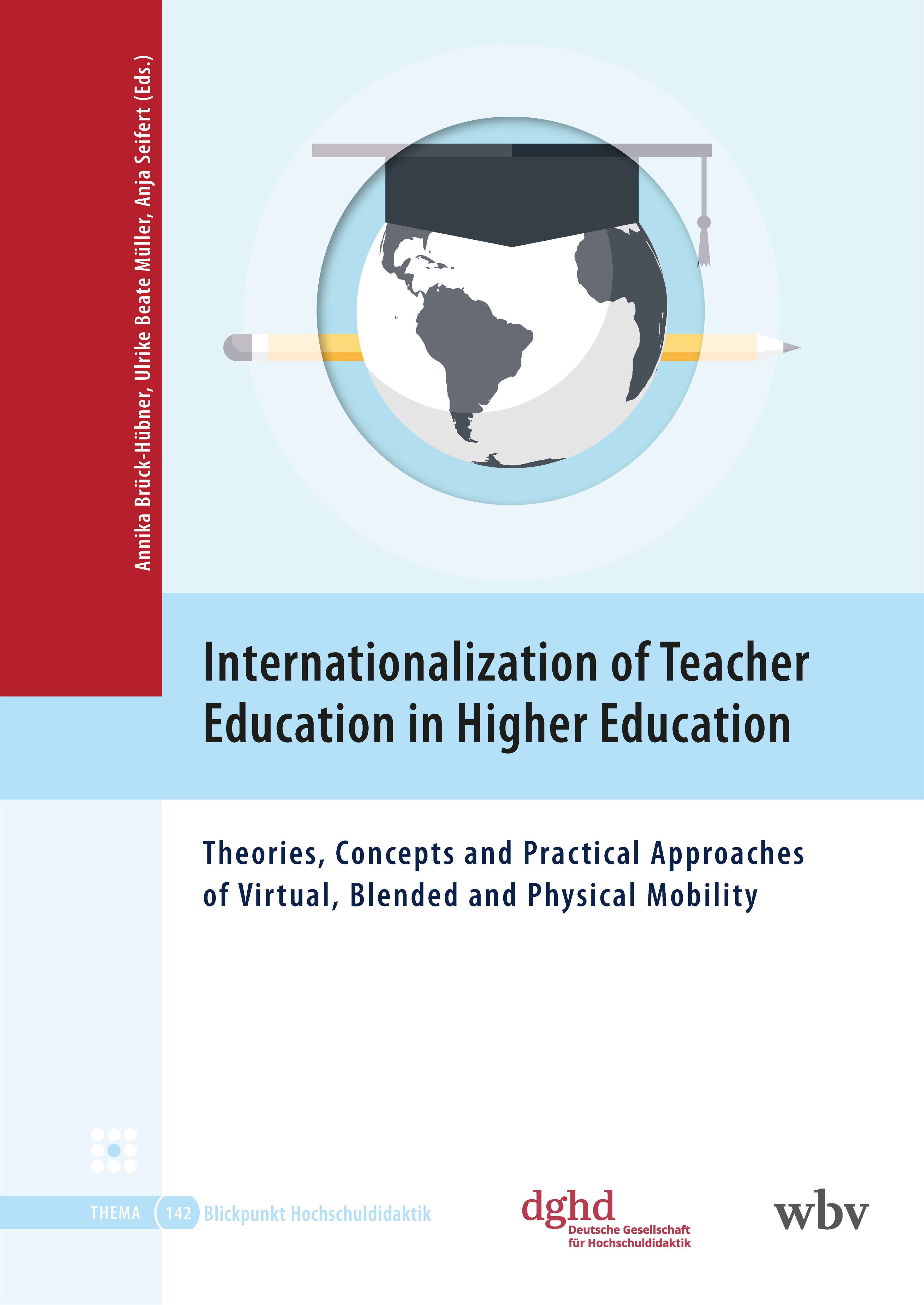Promoting Intercultural Reflexivity and Learning in Virtual International Learning Environments – Theoretical Suggestions and Didactical Implications
The implementation of virtual international courses in teacher education is often associated with the claim to promote students' intercultural learning. Based on a closer examination of the constructs of "culture" and "(inter)cultural learning", this article argues that virtual international courses do not automatically lead to intercultural learning and reflectivity. Based on a theoretical analysis, didactic implications are presented that can promote intercultural learning in the context of virtual international courses.
Beiträge
Open Access
Open Access
A Step-by-step Model for Internationalization of Elementary School Teacher Education
Pedagogical University Development Using the Example of the Giessen GloPEG Project
Open Access
Open Access
Open Access
Open Access
Open Access
weitere Infos
Brück-Hübner, Annika (2024). Promoting Intercultural Reflexivity and Learning in Virtual International Learning Environments - Theoretical Suggestions and Didactical Implications. In Annika Brück-Hübner, Ulrike Beate Müller & Anja Seifert (Hg.), Internationalization of Teacher Education in Higher Education: Theories, Concepts and Practical Approaches of Virtual, Blended and Physical Mobility (S. 57-66). Bielefeld: wbv Publikation. https://doi.org/10.3278/I77352W005
